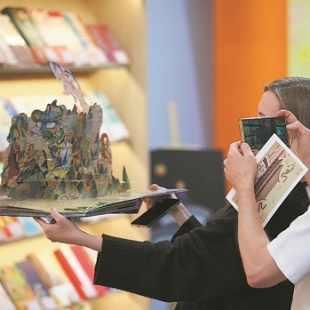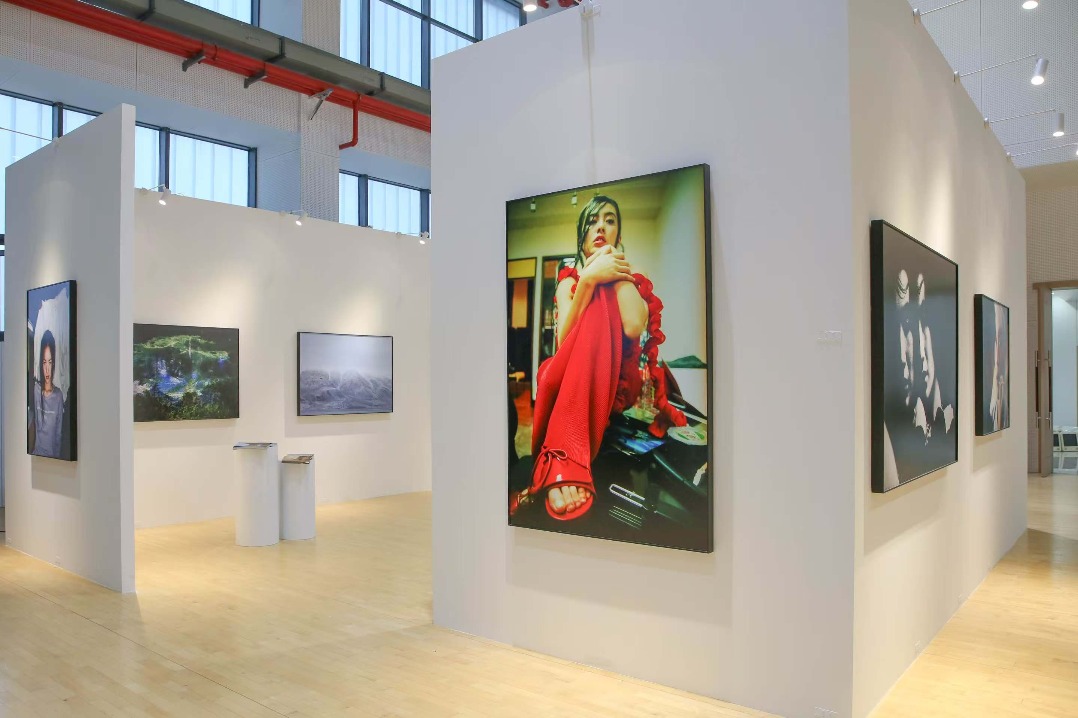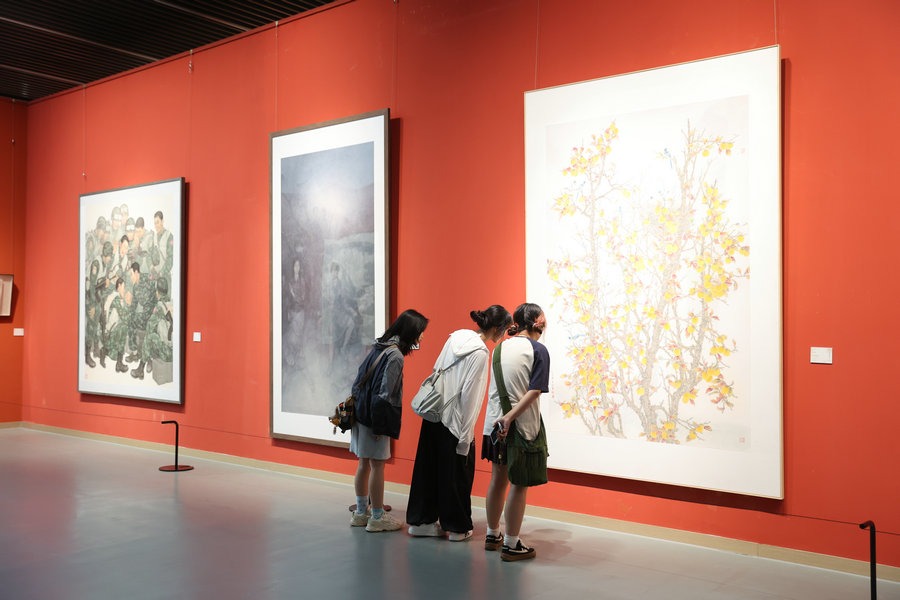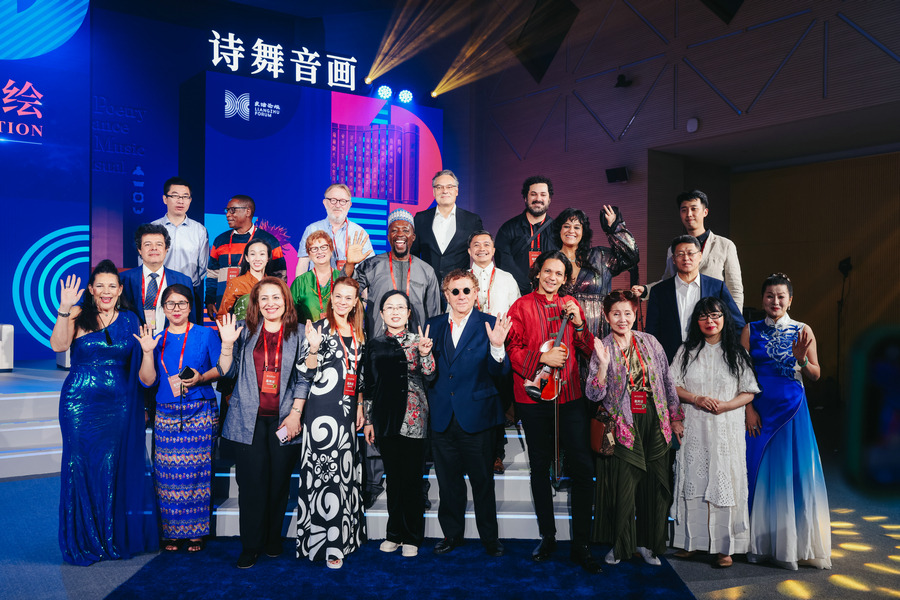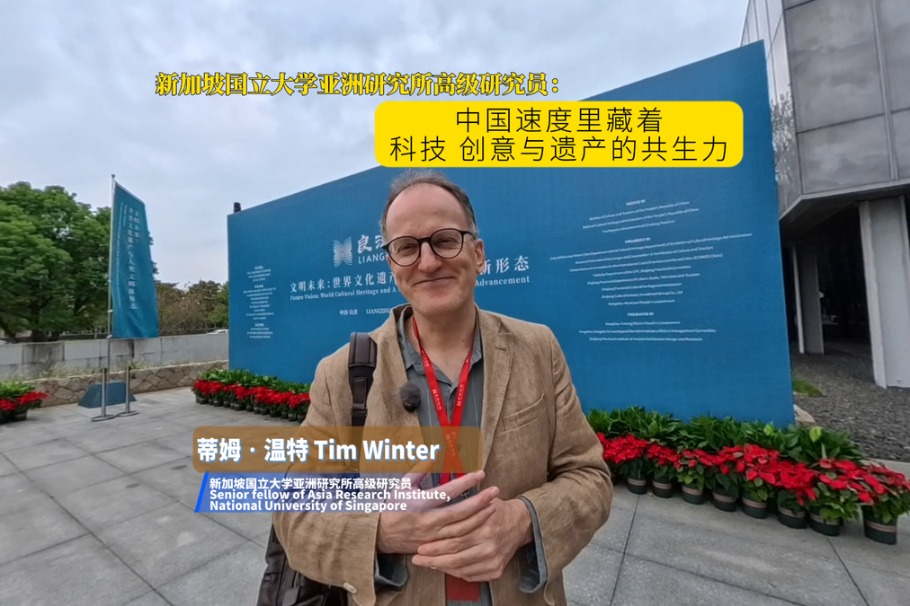Literature highlights power of shared narratives

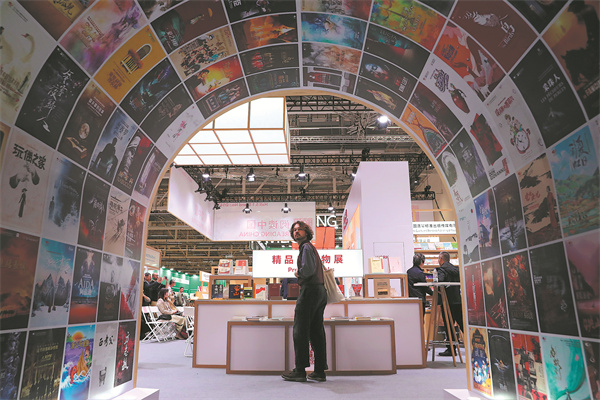
Literature remains a vital bridge across cultures in a world of growing complexity and uncertainty, bringing people together and fostering mutual understanding, said Claudia Kaiser, vice-president of the Frankfurt Book Fair.
"Understanding often begins with reading," Kaiser said. "Through books, people can glimpse another culture or experience a part of someone else's life, taking the first step toward breaking down barriers and moving closer to peace."
The 77th Frankfurt Book Fair, which closed on Sunday, brought together more than 4,000 exhibitors from 92 countries and regions and attracted nearly 240,000 visitors, according to the organizers.
Since its founding in 1949, the fair has grown into one of the world's largest publishing events and an important platform for cultural exchange. It has also become a major stage for Chinese publishers to share their works with global audiences.
Kaiser said she was pleased to see China's strong presence at this year's event and added that the fair aims to create an open and equal platform for global participants, helping different cultures understand each other through dialogue.
"We are very happy to see high-quality, China-organized programs appearing on the international stage," she said. "The number of Chinese exhibitors has also grown compared with last year, and their overall participation has been very active."
Kaiser said contemporary Chinese literature holds a special appeal for European readers. "In Germany and across Europe, literary works continue to play a central role in the book market, especially contemporary stories written by younger authors," she said. "Thus, Chinese works that reflect real life and explore human emotion and psychology often resonate strongly with readers."
She noted that "healing fiction" has become a shared trend in both Asian and European markets. "These books focus on personal life and inner growth, emphasizing self-reflection and emotional recovery. In uncertain times, such stories are increasingly welcomed by readers," she said.
Speaking about cooperation with China's publishing industry, Kaiser emphasized that China has long been one of the book fair's most important partners. The fair established the German Book Information Centre Beijing in 1998, which remains one of its key overseas offices still in operation today.
"The Chinese market has been very important to us," she said. "The center has played an active role in promoting publishing exchanges between China and Germany. We organize events such as book exhibitions, rights trade fairs, and we also participate actively in major Chinese book fairs such as the Beijing International Book Fair."
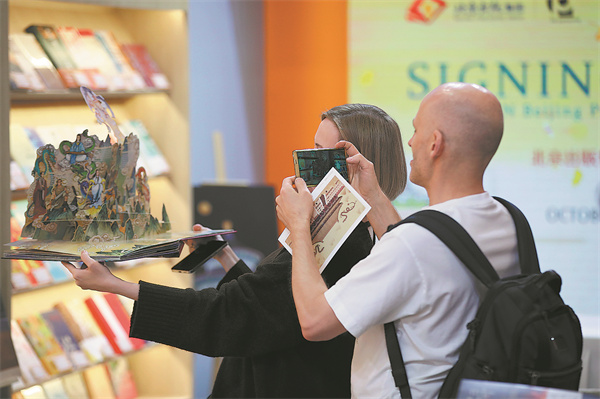
In discussing industry trends, Kaiser said China's publishing sector is undergoing a new stage of transformation amid global shifts in the book market. "Artificial intelligence is reshaping every field, and publishing is no exception," she said. "The global book market is in flux, and China faces challenges similar to those in other parts of the world — reading habits and consumer behaviors are changing, and publishers need to adapt proactively."
Despite the rapid evolution of technology, Kaiser remains convinced that the value of reading and literature remains irreplaceable. "No matter how technology develops, imagination and creativity belong to human beings alone. They are beyond the reach of any algorithm," she said. "It is this uniquely human creativity that gives reading its enduring meaning."
Kaiser said that reading can make a powerful contribution to fostering understanding among people and across cultures, which she believes can help promote true peace.
"Reading means entering a new world, a world that might be unfamiliar and unknown," she said. "Through books, I can understand another person's emotions, feel the rhythm of a city, and even sense the spirit of a nation. It is this understanding that brings people closer together and makes peace a little more possible."


